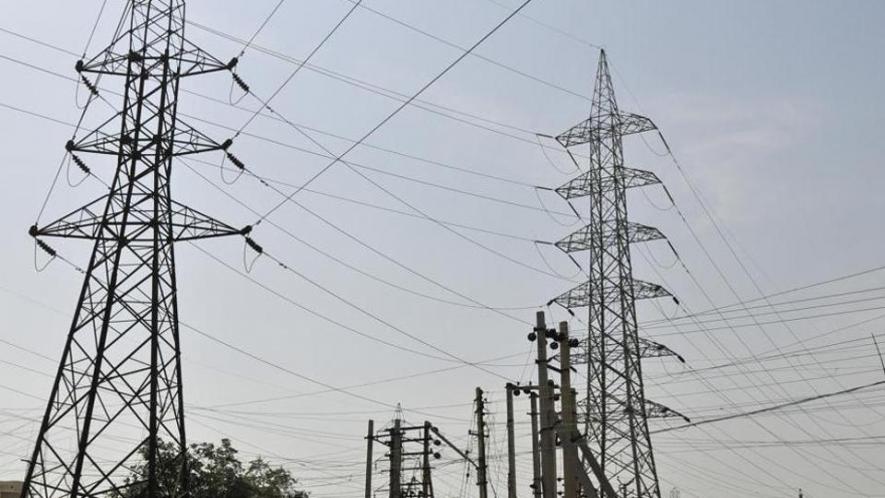Power Employees in UP Step Up Agitation Against Privatisation, to Observe 72-Hour Strike

Power sector employees in Uttar Pradesh have intensified their protest against the BJP state government’s move to privatise distribution of electricity in seven districts.
United under the Power Employees’ Joint Action Committee (PEJAC), engineers and all other employees have been observing a work-to-rule protest, while carrying on a campaign of meeting MPs and MLAs and handing over memorandums to them.
On 9 April, power employees across the state will observe a 72-hour strike from 8am onwards.
On 28 March, power employees began the work-to-rule — a form of industrial action in which workers do only the bare minimum as required by the rules of their contract, which usually causes a slowdown or decrease in productivity.
Under the work-to-rule, the employees have strictly not been doing even a minute’s worth of work between 5pm and 10am, besides refusing to do any work on holidays.
On 29 March, representatives of PEJAC had met the Principal Secretary (Energy), Alok Kumar, who is also chairman of the Uttar Pradesh Power Corporation Limited (UPPCL).
The representatives said that wherever privatisation of power distribution had been introduced in the country, it had failed. Giving the example of Odisha, they said that because of the incompetence of the private companies, their licenses had been cancelled.
They demanded that the government roll back the privatisation move, but the talks failed to reach any satisfactory conclusion for the employees. Therefore, the employees decided to step up their agitation.
The UPPCL had floated tenders, which opened on 5 March, inviting private companies — to be called ‘Integrated Service Providers’ (ISPs) — in the districts of Etawah, Kannauj, Orai, Rae Bareli, Saharanpur, Mau and Ballia.
These private companies are supposed to take over the activities of giving out new power connections, installing the meter, meter reading, changing the meter, issuing bills and collecting the revenue. Meanwhile, the maintenance of the network infrastructure will be done by the government.
The UP government’s move is similar to the Electricity (Amendment) Bill 2014, against which power sector employees across India have been protesting.
The Bill seeks to extend privatisation to power distribution by bifurcating the distribution function into carriage and supply. This means that while a government company would lay down the wires, private companies would compete over selling the electricity to consumers and earn profits.
On 30 March, which was Good Friday, the management had ordered that the offices remain open, but employees across the state refused to turn up.
Protest demonstrations were also held in project and district headquarters in the state on the same day. Meanwhile, the PEJAC has also decided to further strengthen the work-to-rule protest across the power generation, transmission and distribution companies.
On 14 March, the power employees held a protest rally in the capital city of Lucknow.
On 3 April, electricity employees from across the country plan to hold a massive protest rally in Delhi — against the Electricity (Amendment) Bill 2014 — under the banner of the National Coordination Committee of Electricity Employees and Engineers.
Following the campaign of handing over memorandums to legislators, a BJP MP from Lucknow, Kaushal Kishore, as well as a few other BJP legislators have written to chief minister Yogi Adityanath demanding that the privatisation decision be rolled back.
According to a statement issued by PEJAC, Kishore wrote in his letter that it was widely known that privatisation only resulted in only profits for the private players and was not an alternative to the public sector.
Get the latest reports & analysis with people's perspective on Protests, movements & deep analytical videos, discussions of the current affairs in your Telegram app. Subscribe to NewsClick's Telegram channel & get Real-Time updates on stories, as they get published on our website.
























